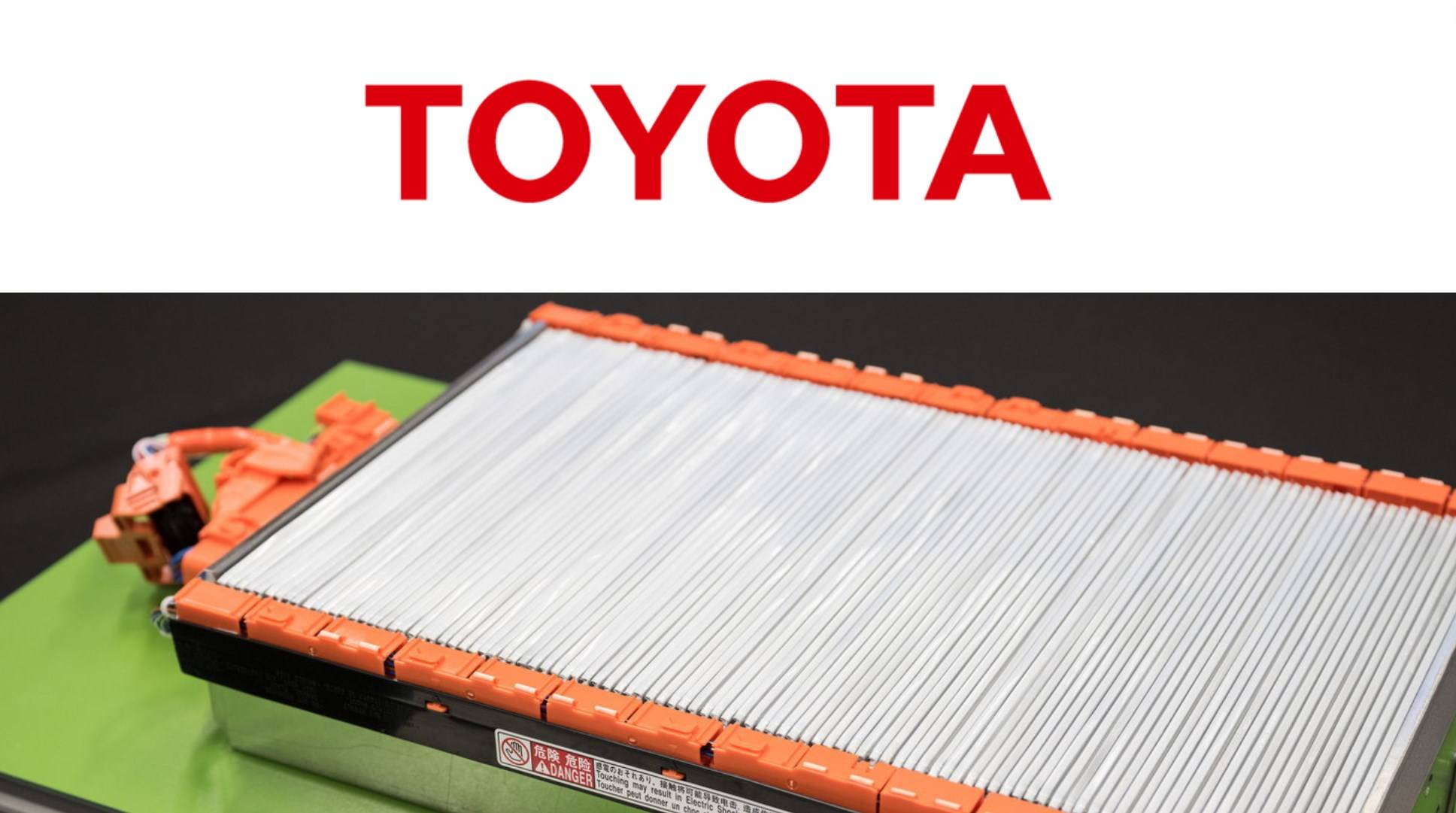In a move set to redefine the landscape of electric vehicle (EV) technology, Toyota has recently announced a groundbreaking advancement in battery technology. The introduction of their new solid-state battery technology promises to transform the EV industry by drastically reducing the size, cost, and weight of batteries, while simultaneously enhancing performance and safety. This article delves into the details of Toyota’s innovative breakthrough and its potential impact on the future of electric mobility.
The Breakthrough Technology: Solid-State Batteries
Toyota’s solid-state battery technology represents a significant leap forward from traditional lithium-ion batteries. Unlike conventional batteries that use a liquid electrolyte, solid-state batteries utilize a solid electrolyte. This shift not only addresses several of the shortcomings associated with liquid electrolyte batteries but also introduces numerous advantages that could revolutionize electric vehicles.
Key Advantages of Solid-State Batteries
- Size Reduction: The use of a solid electrolyte allows Toyota to create a battery that is significantly smaller than its liquid electrolyte counterparts. This reduction in size does not come at the expense of capacity, as the new technology maintains high energy density within a more compact form.
- Cost Efficiency: Toyota’s solid-state batteries are expected to be cost-effective, with the potential to halve the cost of current EV batteries. This is a pivotal factor in making electric vehicles more accessible and affordable to a broader consumer base.
- Weight Reduction: By eliminating the need for heavy liquid electrolytes and utilizing a lighter solid electrolyte, Toyota’s new batteries are projected to be approximately half the weight of traditional batteries. This reduction in weight contributes to improved vehicle performance and efficiency.
- Enhanced Safety: Solid-state batteries offer improved safety characteristics due to their stable electrolyte composition. They are less likely to suffer from issues such as thermal runaway, which is a common concern with liquid electrolyte batteries. This makes them a safer option for consumers and reduces the risk of accidents related to battery failures.
- Faster Charging Times: One of the most exciting benefits of Toyota’s solid-state batteries is the potential for rapid charging. The new technology is designed to allow for a charging time of 10 minutes or less, significantly reducing downtime and enhancing the overall user experience.
- Increased Capacity: Toyota’s solid-state batteries are expected to provide a range of up to 1,200 kilometers on a single charge. This remarkable increase in driving range addresses one of the primary concerns of potential EV buyers: range anxiety.
Toyota’s Ambitious Production Plans
Toyota has set a clear timeline for the mass production of their solid-state batteries. The company aims to begin mass production by 2027 or 2028. This ambitious goal reflects Toyota’s commitment to leading the charge in EV technology and solidifies its position as a key player in the automotive industry’s transition to electric mobility.
Impact on the EV Market
The introduction of Toyota’s solid-state battery technology is poised to have a profound impact on the EV market. By reducing battery size, cost, and weight, Toyota is addressing several barriers to EV adoption. The increased driving range and faster charging times further enhance the appeal of electric vehicles, making them a more viable option for a larger segment of consumers.
Competitive Advantage
Toyota’s groundbreaking technology offers a significant competitive advantage over other manufacturers. As the automotive industry moves towards electrification, having access to advanced, cost-effective, and high-performance battery technology will be crucial for automakers. Toyota’s early entry into this space positions them as a leader in the field, potentially setting new standards for the industry.
Future Prospects and Developments
As Toyota prepares for the mass production of their solid-state batteries, there are several areas of focus that will be critical to the technology’s success:
Scaling Production
Scaling up production to meet global demand will be a major challenge. Toyota will need to ensure that their manufacturing processes can efficiently produce solid-state batteries at a scale that supports widespread EV adoption. This will involve investing in new manufacturing facilities and technologies.
Continued Research and Development
Ongoing research and development will be essential to refine and enhance solid-state battery technology. Toyota is likely to continue investing in R&D to improve battery performance, reduce production costs, and address any potential challenges that arise during the scaling process.
Collaboration with Other Industry Players
Collaboration with other industry stakeholders, including suppliers, research institutions, and policymakers, will play a key role in the successful implementation of solid-state battery technology. Partnerships and joint ventures could facilitate the development of new applications and accelerate the adoption of this innovative technology.
Conclusion
Toyota’s announcement of their solid-state battery technology marks a pivotal moment in the evolution of electric vehicles. By significantly reducing the size, cost, and weight of batteries while enhancing performance and safety, Toyota is setting a new benchmark for the industry. With a projected range of 1,200 kilometers and charging times of 10 minutes or less, the new batteries address key consumer concerns and position Toyota as a leader in the future of electric mobility.
As we look towards the next decade, Toyota’s commitment to advancing solid-state battery technology and their ambitious production plans will likely drive significant changes in the EV market. The company’s innovations not only promise to enhance the performance and affordability of electric vehicles but also to shape the future of sustainable transportation.



